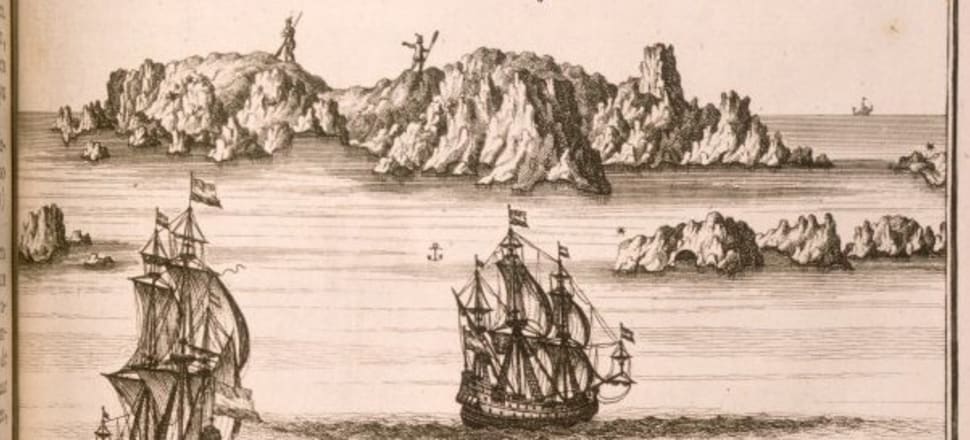Photo credit: National Library, featured on Newsroom.co.nz/
How will we agree on what history to teach young New Zealanders? Elizabeth Rata says what we teach is too important to leave to community preference.
I’m one of many applauding the Government’s decision to prescribe the teaching of New Zealand history in our schools.
But wait – prescription – isn’t that anathema to the Ministry of Education? We now have a localised curriculum, with the national document giving guidelines only. It’s up to schools to consult with their local communities to select the actual topics they teach.
So is it possible to have one prescribed subject? And how will New Zealand History content be selected and justified given that the Curriculum Unit in the Ministry was dismantled years ago. Where is the curriculum expertise today? Who decides what topics are sufficiently of national importance that each generation of New Zealanders should know about them?
I’m involved in the Knowledge-Rich School Project where we help teachers to design topics so they can be taught in the best way possible. Because there’s no prescribed curriculum we start by selecting a topic. The project revealed just how difficult topic selection is and gave insights about what is ahead for New Zealand History.
One topic chosen was the history of Ngati Kuri. It seems a grand contender for inclusion in a national curriculum. Isaac Gilsemans’ painting ‘Thus appears the Three Kings Island from the north west side, as you are at 40 fathoms’ records the first contact between Māori and Europeans in 1642. A sighting only but still, there’s a story here. Seen from the Zeehaen and Heemskerck, the huge size of the two men depicted on Manawatawi (Three Kings) led to beliefs in Europe that the land was inhabited by giants.
There’ll be other claimants for inclusion and a good thing too. Part of our democratic responsibility is to decide what our children should know. We need a wide-ranging and vigorous national discussion about our history. Even if a topic misses out being prescribed nationally, the discussion itself means that we all know more about our history.
So after the topic is selected, who chooses the content? Our Knowledge Project is revealing plenty of problems. We currently have a random selection system. Teachers may have a good reference book, Google has plenty of great material, it’s what we taught last year, it’s a perennial favourite, no one can really remember, or, the favourite – it fits the national assessment system. Cynical, perhaps, but where individual teachers and schools choose the curriculum there is plenty of leeway for all sorts of decisions. Are they all justifiable? Who knows?
The Ngati Kuri topic (and others used in the Knowledge Project) forced us to justify every item of content selected. We realised that using history specialists was the only way to ensure that the content is the most up-to-date, has a range of evidence for claims made, uses Māori and European, oral and written sources, and contains information from the past through to the present. Each piece of information needs to be verified and the Ngati Kuri topic showed just how complex this process is. For example, there is a 1790s map of the Far North which was reproduced and used until the mid-1990s yet without including Ngati Kuri. In addition there are several versions for the origins of ‘Ngati Kuri’. What information should we include to ensure that students received the full picture of the iwi’s experiences of settlement, displacement, and revival over centuries.
History is complex and our understanding is only as good as the latest evidence. That evidence must be provided so students can see that everything must be justified. Opinion and belief are not enough. That’s where we need to bring in philosophers to keep an eye on the justifications given to what the specialists select. Evidence can lead to false inferences. Politics can lead to distorted claims. History is the perfect breeding ground for ideologies.
As a nation, we all need to be involved in discussing what is in our national curriculum. We need specialists to select and, as importantly, justify the selection, not only for New Zealand history but for all subjects. Then the expertise of teachers in designing and teaching is best put to use. What we teach to each generation of New Zealand children is too important to leave to community preference. Covid-19 is restoring our faith in science; that faith needs extending to education. Let’s give the localised curriculum the heave-ho and have the confidence to have a proper national curriculum so we know that all children are receiving the very best knowledge.

